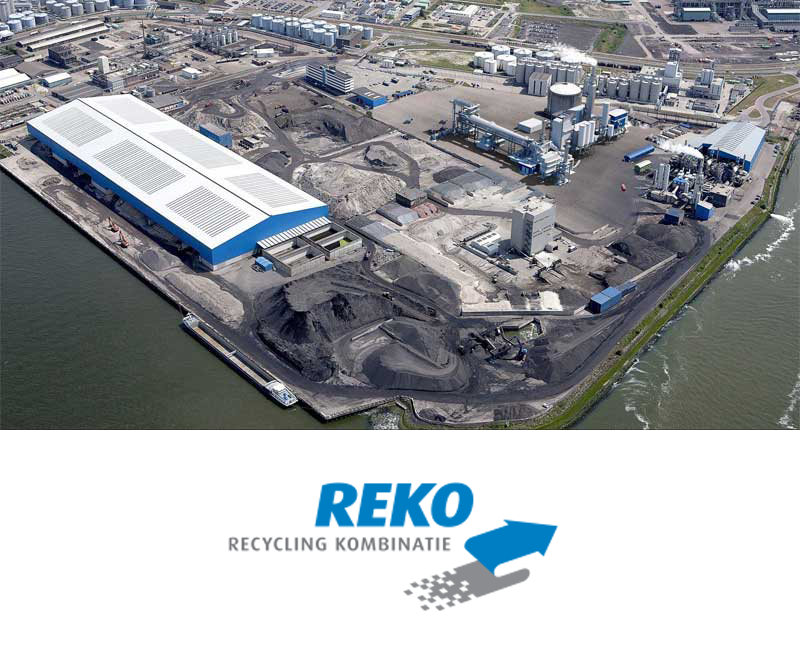Growth financing for Recycling Kombinatie REKO
Growth financing for the construction of a second thermal cleaning plant
In the Port of Rotterdam REKO is a textbook example of the circular economy. Recycling Kombinatie REKO B.V. completely converts unusable and contaminated tar asphalt into primary raw materials and electricity. The recycling company – which now processes more than 600,000 tons of tar asphalt a year – receives so much residual material from home and abroad that additional capacity is desperately needed. FBM assisted REKO’s management in arranging growth financing to enable the construction of a second thermal cleaning plant. The investment involved is EUR 125 million.
The tar asphalt that REKO recieves is thermally cleaned and leaves the Port of Rotterdam as clean sand, gravel and filler. Coveted primary raw materials for the Dutch construction industry, which gets 20 million tons of sand and gravel from abroad every year. The enormous amount of energy released from burning the pollutants is converted by the recycling company into electricity. The current plant generates about 5 megawatts of electricity per hour, slightly more than an average household consumes per year. Annually, that amounts to electricity for about 10,000 households.
Enough electricity for a city like Delft
The new cleaning plant will be more efficient in all areas. REKO will soon be able to produce three times as much primary raw material (from 5 tons to 1.5 million tons of sand and gravel per year) and generate five times as much electricity. The electricity generated is equivalent to the annual needs of a city like Delft. What is new is that in addition to electricity, the plant will also supply heat. For this, REKO will get a connection to the Rotterdam heat network. With the push of a button, the company will soon determine whether the energy released during the cleaning process will be converted into heat or electricity.
FBM advised throughout the entire process, including the financial analysis, drafting the financing memorandum, structuring the financing, approaching the appropriate counters at the banks as well as negotiating the terms.





